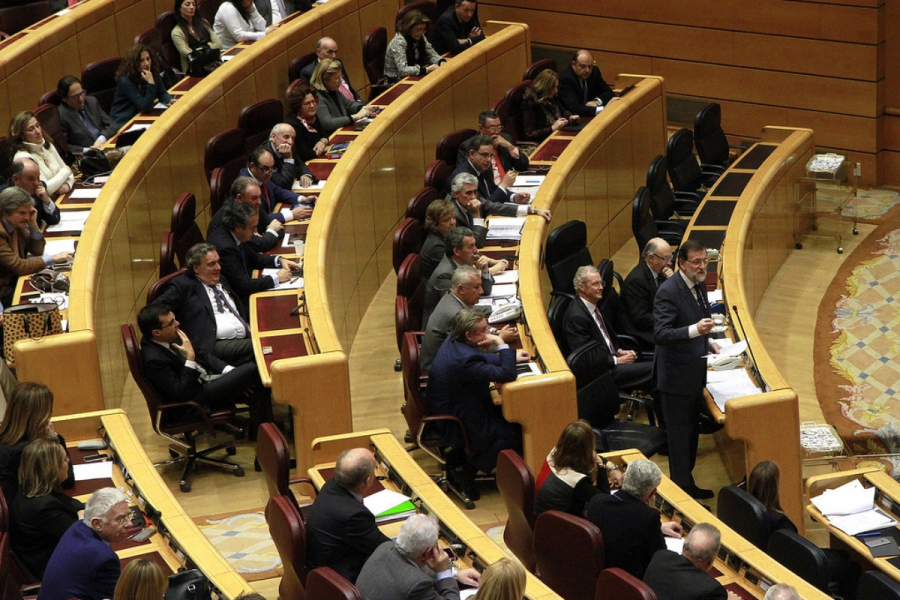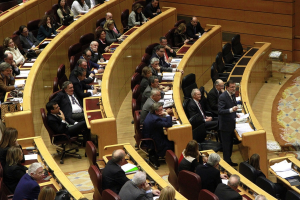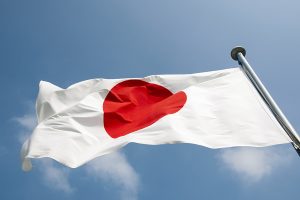Tasmania reports record gambling losses

The Tasmanian Liquor and Gaming Commission has revealed that losses on pokies increased from AU$79.5m in 2019-20 to AU$117.3m in 2020-21.
Australia.- The Tasmanian Liquor and Gaming Commission has reported that annual player losses on pokies at pubs and clubs reached AU$117.3m for 2020-21. Keno losses grew from AU$25.6m to AU$38.3m, with total losses from both types of gambling rocketing to AU$155.6m.
The total loss over the period is approximately AU$18m more than the AU$137.4m registered before the Covid-19 pandemic. Casinos showed a similar trend despite the fall in the number of international and interstate visitors due to the pandemic. Pokie losses hit AU$74.7m, up from AU$50.8m in 2019-20 and AU$67.3m in 2018-19.
Jenny Cranston, chair of Tasmania’s Liquor and Gaming Commission, said: “This has been particularly important in the period following the reopening of gambling venues in June 2020 with the easing of Covid-19 public health restrictions.”
She added: “During this time, the commission observed high levels of player expenditure on electronic gaming machines, which significantly exceeded player levels for prior comparative periods. Licence holders were reminded to be vigilant in ensuring that harm minimisation measures were in force to protect potentially vulnerable people during this difficult time.”
According to The Advocate, the Tasmanian government collected AU$107.6m from gambling taxes over the period, compared to AU$83.6m in 2019-20.
Tasmanian gambling bill set to become law
As Focus Gaming News previously revealed, proposed amendments to Tasmanian gambling legislation look set to become law, spelling the end for Federal Group casino’s exclusive licence agreement. The bill supported by the Liberal government and Labor opposition received eight affirmative votes against five negatives at the House of Assembly.
The proposed changes include the introduction of individual operating licences for electronic gaming machines hosted in brick-and-mortar venues and new tax rates on gaming revenue in the state.








